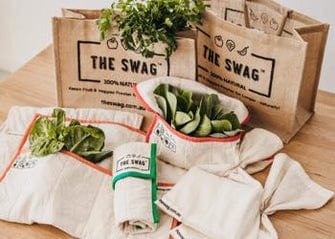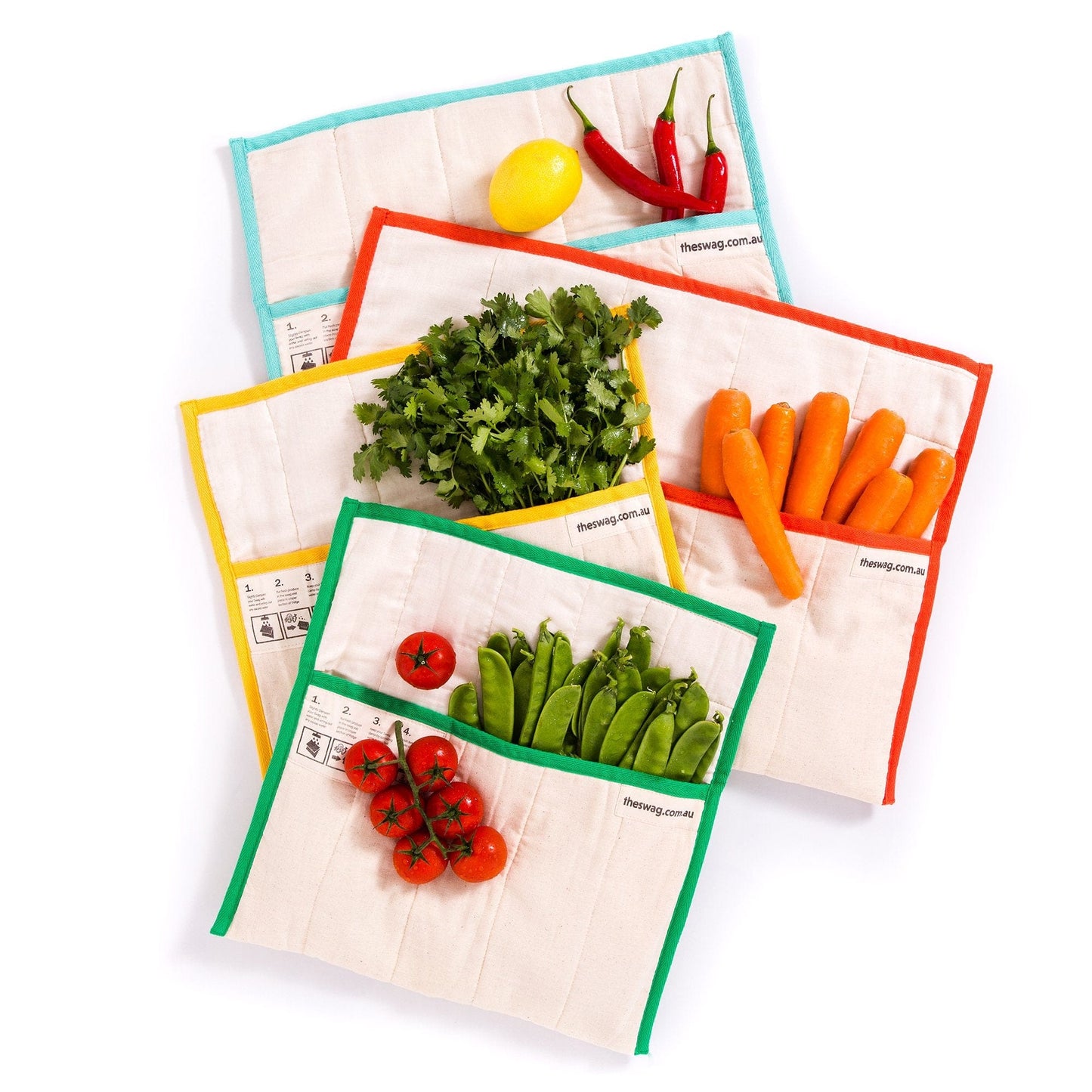Earlier this month it was #InternationalCoffeeDay and as one of the world’s most-loved beverages, with an estimated 3 billion cups enjoyed every day, we thought it no steamer time to look at the impact our daily cup o' jo has on the planet and those living on it.
In this article we’ll explore the three major issues the coffee industry faces and ways we as consumers can make more of a positive impact.
#1 Fair-trade (the newest buzz word in the coffee world):
When we buy fair-trade we are ensuring optimum labour practices and wages for farmers and producers.
According to Fair Trade, the price of coffee changes almost every three minutes. This volatility in pricing is mostly due to environmental events, such as drought, heat, and floods but it is also impacted by fluctuations in currency or the basic dynamics of supply and demand.
However, whilst the price per cup continues to grow (as does the market) on average, farmers in developing nations (where most of the world's coffee is grown) receive no more than 10% of the eventual retail price.
In fact, a recent study revealed nearly 61% of producers are selling their coffee at prices under the cost of production.
“Apart from the obvious economic implications of low prices for coffee farming families, there are significant knock-on effects: increased child and forced labour, decreased environmental stewardship, food insecurity, increasing rates of emigration and lower coffee quality.” - FairTrade.net
What you can do:
Buy coffee that is fair-trade only. This gives farmers stability by offering a Fair-trade Minimum Price, which protects them from sudden price drops.
According to Fair Trade AUNZ, when we buy fair-trade, farmers receive an additional Fairtrade Premium – an extra sum of money paid on top of the selling price that they can invest in business or community projects of their choice
So next time you visit your regular café, ask them what coffee they use (and if it’s certified fair-trade). Start the conversation with the barista or café owner.
#2 Farming Practices (the part we don’t see/hear enough about):
In 2015, the International Centre for Tropical Agriculture (CIAT) released a report warning that at least 50% of the land used to grow coffee will be unsuitable by 2050.
With global warming pushing temperatures into the extremes, the report suggested that we could be seeing instances such as Arabica beans becoming more expensive or uncommon in the future, since they're more susceptible to illnesses and increasing heat.
Traditionally, coffee beans have been grown in the shade, under trees and other plants. Shade grown coffee is more sustainable as it conserves the soil, retains more water, provides habitat for animals (that intern ward of pests - naturally) and allows for a more diverse ecosystem.
However, the huge increase in demand for coffee has put pressure on farmers to produce more yields. Sun-grown crops mean farmers can vastly increase their output of coffee production.
Sun grown coffee is a mono crop, the agricultural practice of growing a single crop year after year on the same land, which is a major source of deforestation, having many negative impacts on the environment, for example, the removal of forests removes natural barriers to pests and therefore requires greater use of chemical pesticides to keep pests and diseases.
According to The World Counts, more than 40 % of the coffee area in Colombia, Mexico, Central America, and the Caribbean has been converted to sun coffee. An additional 25 percent is currently under conversion.
What you can do:
According to some reports, one cup of coffee destroys roughly one square inch of rainforest, making it a leading cause of rainforest destruction.
As a coffee drinker, you can make conscious purchasing decisions that influence and support better growing practices. Look for certifications that ensure coffee is shade-grown.
When we look at fair-trade, we are also considering the energy consumption, purchasing locally, minimising waste and making the smallest impact on the environment as possible.
So look for fair-trade certified brands that encourage farmers to use production methods that support plant diversity, waste and water management, and minimised use of chemicals.
#3 Last but not least… Sustainability:
There are a lot of resources that go into your daily brew.
Coffee production is highly water demanding in particular. In fact, a 2003 UNESCO study, found that a standard cup of coffee requires 140 litres of water, most of which is used to grow the coffee plant itself. So this is why investing in shade-grown coffee is so important.
Aside from water, when it comes to sustainability, the 16 billion paper cups that are used for coffee every single year, is also something to consider. And then there’s the estimated six million tonnes of coffee ground waste worldwide produced each year.
What you can do:
When it comes to water, look for fair-trade certified brands as well as any reference to how it’s grown (sun vs. shade).
Finally, when it comes to your daily cup - compost your own coffee grounds if you’re making it from home and if coffee pods are more your jam, try sourcing reusable pods (bonus points for plastic-free reusable pods!). When it comes to visiting your local café every morning, ensure you bring your own reusable cup. It’s simple really - but the habit to remember can be a challenge.
Something else to try? Give yourself a rule - if you don’t remember to take your keep cup to the café in the morning, you can’t buy that coffee. Try it out (we have - and it worked for us).
When coffee is that important to your morning routine, you’ll make the switch.
Resources:



